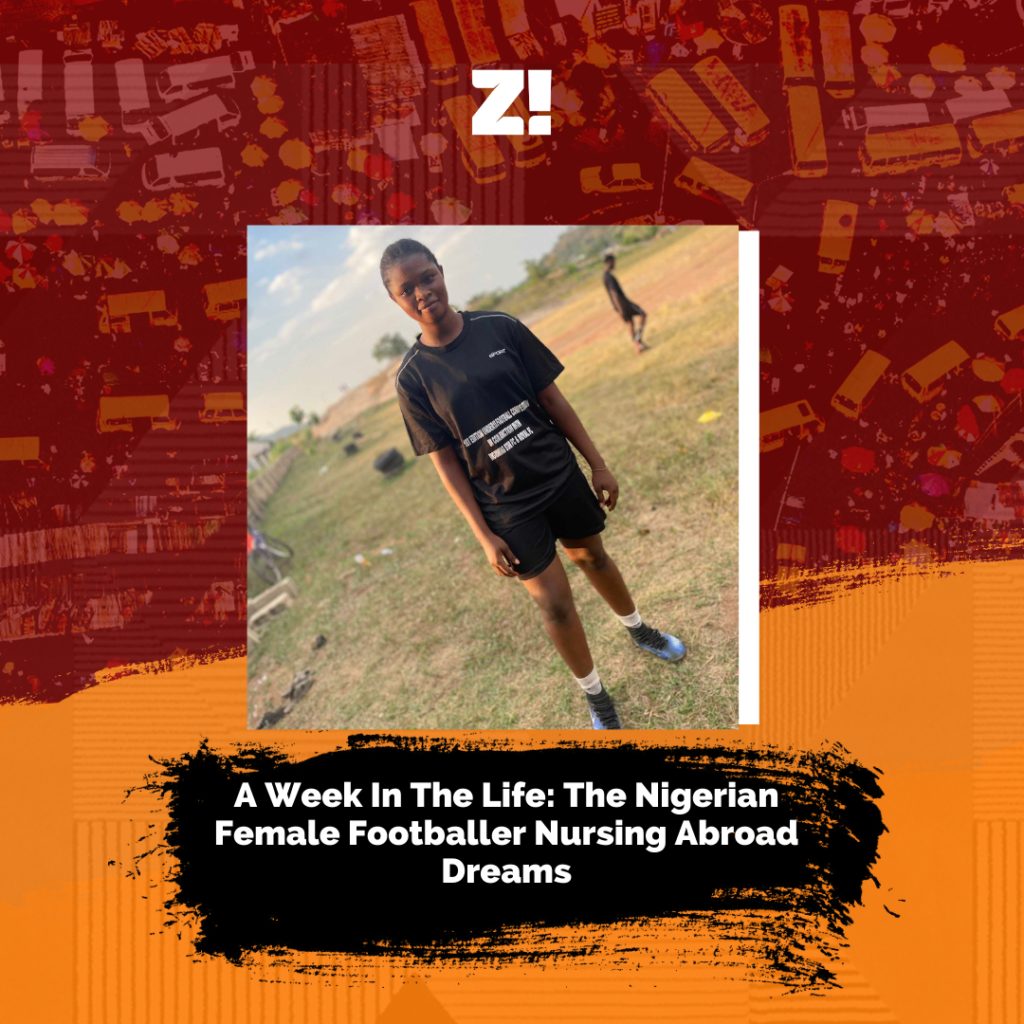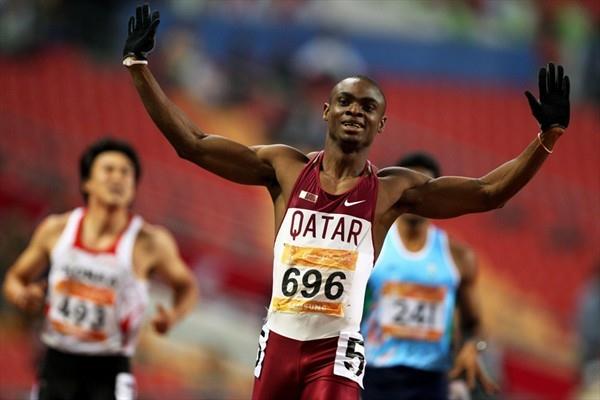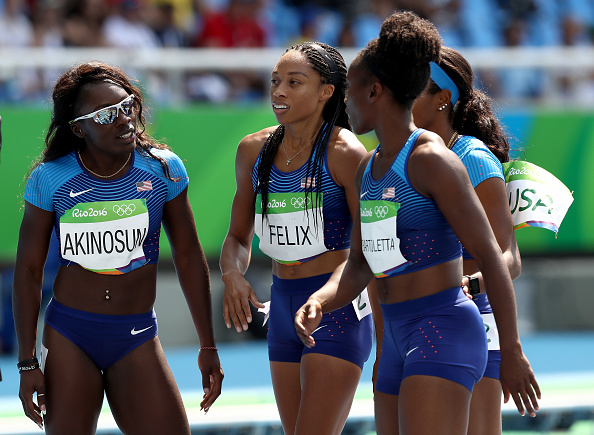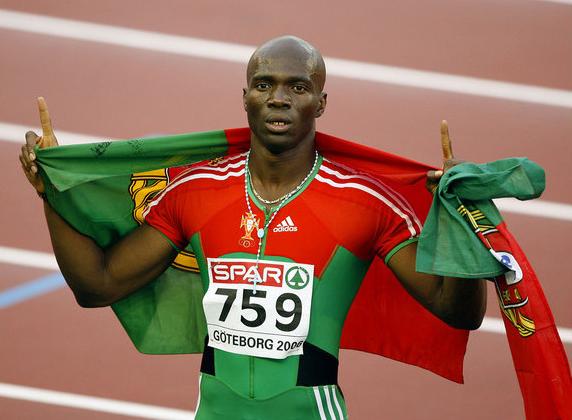Since childhood, Tobi Amusan has dreamed of running the world. Born in Ijebu-Ode, Ogun State, she took an early interest in football, but it didn’t matter if she tactically passed the ball or dribbled like Jay Jay Okocha; she did another thing better—tirelessly running around. Her football coach recognised her talent and advised her to switch to tracks. Thankfully, Tobi found a track coach who took her under his wing after. That marked the start of her career in Ijebu-Ode.
Since coming into national consciousness in 2013, Tobi Amusan has gone from a local champion to a national sensation. She is now a top world runner. Her trajectory has taken an upward flight and this is a look into her career and growth.
March 2013: Tobi Amusan’s win at the African Youth Championships
In 2013, the first edition of African Youth Championships, a bi-annual competition for African athletes aged 15 to 17, kicked off in Warri, Delta State. Tobi Amusan participated and won the 200-metre silver medal. In the same year, Tobi competed at the World Athletics U18 Championship in Donetsk, Ukraine, but she was disqualified for lane infringement. This setback didn’t hold her back, though; she bounced back the following year.
2014 – 2015: Back to winning medals
By 2014, Tobi Amusan had switched to hurdles and debuted at the African Youth Games in Botswana, where she won a silver medal in the 100 metres hurdles. A year later, Tobi claimed her first African U20 gold medal at the African Junior Athletics Championship in Addis Ababa and her second gold at her debut at the All-Africa Games in Brazzaville, Congo.
2016: Scholarship and the World Junior Championship
Tobi received a scholarship to study at the University of Texas at El Paso in 2016. There, she earned the 2016 Female Track Athlete of the Year award, won two golds in 100m and 200m hurdles,a silver medal in long jump, and broke a 33-year-old hurdles university record.
Subsequently, she participated in the 2016 World Junior Championships and came fifth in the final. Then, she participated in and reached the semi-final of the 100m at the Rio Olympic Games.
Tobi Amusan spent 2017 setting more hurdles records at the University of Texas, El Paso, where she met her new coach, Lacena Golding-Clarke, a three-time decorated Olympian from Jamaica. Later, in August 2017, she represented Nigeria at the IAAF World Championships in London.
2018: More championships and medals
In 2018, Tobi reached the final at the Birmingham World Indoor Championships in London, where she represented Nigeria. She also won the final race at the Commonwealth Games hosted at Gold Coast, Australia.
Later in the year, Nigeria hosted the 21st Africa Championship in Athletics for the second time in Asaba and Tobi won a gold medal and her first African Championship title, becoming the first Nigerian to win gold for the country in the 100m hurdles since Judy Bell-Gam at the first edition in 1979.
2019: She won one, lost one
Tobi defended her title at the 22nd edition of the Africa Championship in Athletics in Rabat, Morocco. Despite the winning streak, she came fourth place at the World Championship in Doha, Qatar in October 2019.
2021: First Nigerian Diamond League Champion
Tobi Amusan competed at the Zürich Diamond League, got to the final, and set a new African record of 12.42 seconds, becoming the first Nigerian to win a Diamond League trophy. It was an incredible feat.
2022: More wins
In June, Tobi successfully defended her 100m hurdles title at the African Championship.
Tobi was at her new best at the 2022 World Championship. She ran 12.06 seconds at the final and emerged as the first Nigerian world champion at the World Athletics Championships.
Not resting on her oasis, Tobi retained her title at the Commonwealth Games and a second gold medal in August. She ended 2022 by winning the 100m hurdles to defend her Zürich Diamond League championship title successfully.
Tobi Amusan spent 2023 fighting anti-doping charges and suspension. Eventually, she was declared not guilty. Though she returned to the track in the same year, her performance wasn’t impressive.
2024: The fastest woman in the world
In January, Tobi set an African record of 7.77 seconds at the Astana Indoor Meet in Kazakhstan. One month later, she set a new African record of 7.75 seconds at the New Balance Indoor Grand Prix in Boston. Three months later, she won the women’s 100m hurdles at the Jamaica Athletics Invitational where she defeated World champion Danielle Williams and set a world lead time of 12.40 seconds, becoming the world’s fastest woman in 100m hurdles.















